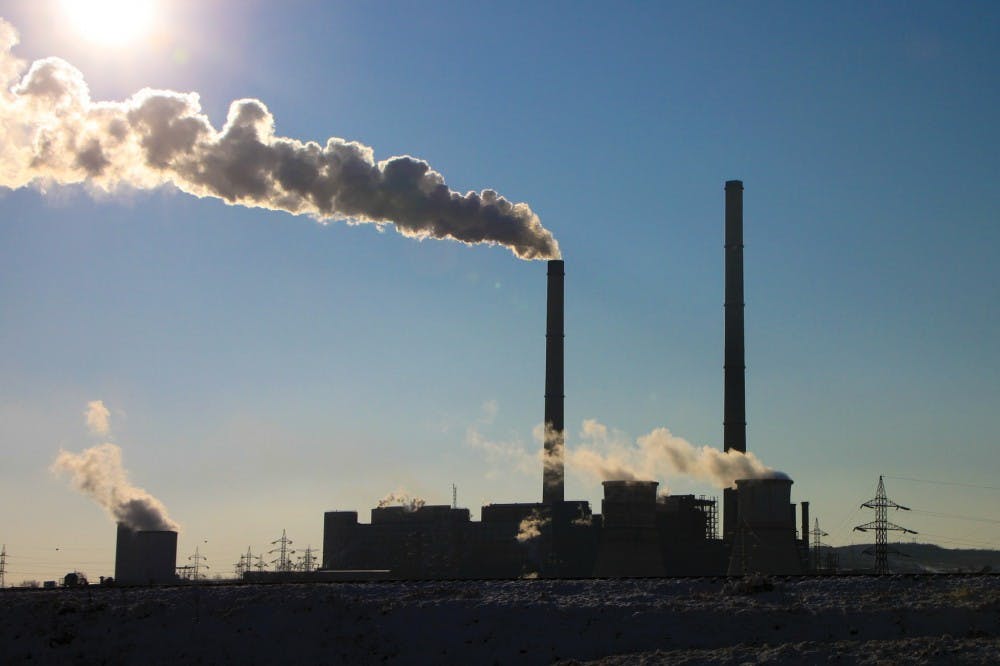
Chemistry professor Daniel Mindiola is researching better uses of methane, which threatens the environment by escalating global warming. | Courtesy of Pixabay
One Penn professor and his team are working towards creating more sustainable applications for one of the world’s most plentiful fossil fuels.
Methane is the most abundant hydrocarbon found on Earth and makes up the majority of resources like natural gas. Because of the copious amounts of methane collected by the energy industry, the storage of the gas is an extremely tricky proposition, especially because of the insulating properties methane exhibits once released into the atmosphere.
Most of this methane is burned as a fuel source, which releases carbon dioxide and water, two of the most impactful greenhouse gases, into the air . This poses a huge threat to the stability of the environment, since it escalates the process of global warming.
The energy industry burns hundreds of millions of dollars worth of methane as fuel every year, simply because it’s currently the most efficient use of the gas. But Penn Chemistry professor Daniel Mindiola is researching cleaner and more productive uses.
“We’re looking at two ways of taking methane and essentially making it a chemical reagent, not as a gas now, but something that has higher storage capacity, is much more reactive, and something that can be used as a building block rather than as a fuel for burning,” Mindiola said.
Mindiola and his team worked with Penn Chemistry’s High Throughput Screening Center to expedite the research process. The Screening Center is basically a robotics system that screens through many different conditions to find the best reagent for a reaction. This way, each reaction did not have to be manually carried out, allowing Mindiola’s team to cover much more ground.
In the work that Mindiola and his team are doing, one of the carbon-hydrogen bonds in methane is broken, and the hydrogen is replaced with a much more complex molecule, allowing the methane’s methyl group to be delivered to other molecules as a building block. This process allows for the use of methane in the production of cleaner fuels or even pharmaceuticals.
“This opens up the window for exploratory chemistry where we say, ‘Hey, instead of burning it, can we do something more useful?’ We’ve essentially cracked the nut, and now it’s a question of digging deeper to see if we can find optimal ways to get economically viable reactions that can compete with burning the fuel,” Mindiola said.
The Daily Pennsylvanian is an independent, student-run newspaper. Please consider making a donation to support the coverage that shapes the University. Your generosity ensures a future of strong journalism at Penn.
DonatePlease note All comments are eligible for publication in The Daily Pennsylvanian.








